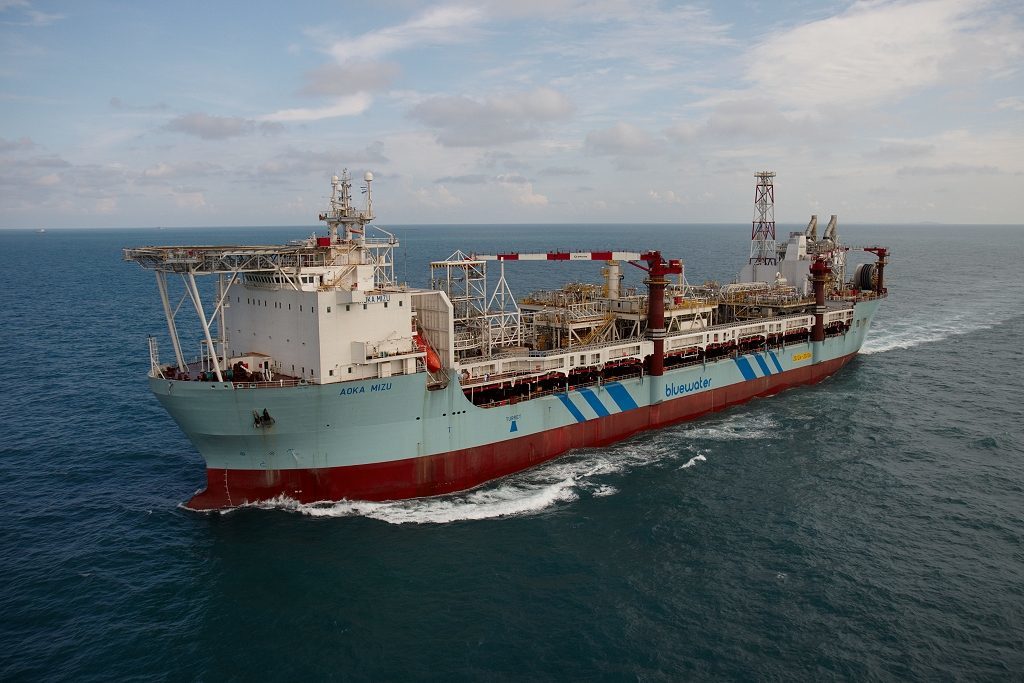
Hurricane Energy’s boss today hailed the firm’s “incredible achievement” of delivering first oil from its flagship North Sea field on time and within budget.
Chief executive Robert Trice said Lancaster had become the UK’s “first producing fractured basement field”.
The start-up phase on the Aoka Mizu floating production, storage and offloading vessel was completed with a 72-hour production test.
The field’s two production wells reached and maintained the target output rate of a combined 20,000 barrels of oil per day.
Mr Trice said first oil from Lancaster was just the start of Hurricane’s work to develop its “considerable resources” located west of Shetland.
London-headquartered Hurricane was set up to deliver hydrocarbons from naturally fractured basement reservoirs.
Lancaster, discovered in 2009, holds recoverable resources of more than 500 million barrels of oil and is wholly-owned by Hurricane, which also has a base in Aberdeen.
But there is a degree of uncertainty within oil industry circles about the firm’s ability to deliver a sizeable portion of those reserves, due to the fractured and unpredictable nature of the basin.
Hurricane is initially using a £365 million early production system (EPS) to learn more about Lancaster and determine how to progress to a full-field development.
Hurricane originally anticipated producing 37m barrels of oil from the EPS over six years at a rate of 17,000 barrels per day.
The firm now expects to extend the EPS to 10 years, allowing it to get after 62m barrels from Lancaster in that time.
However, Mr Trice said up to 12 months of “stable production” would be required to get a “clear view” of the reservoir.
More than 100 people are employed across onshore and offshore roles to run the EPS.
Mike Tholen, upstream policy director at Oil and Gas UK, said first oil from Lancaster highlighted the North Sea’s position as an attractive investment opportunity.
Recommended for you

